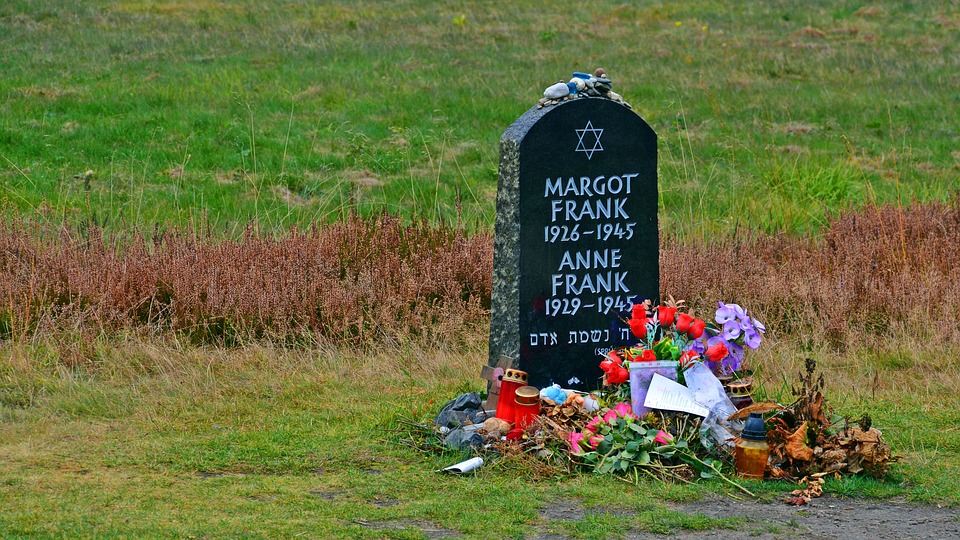Introduction
Heading out for a camping adventure? Don’t let bland and boring food ruin your experience. With a little creativity and the right hacks, you can transform your outdoor meals into delicious and unforgettable culinary experiences. In this article, we will share some ultimate camping food hacks that will elevate your outdoor cooking game. From quick and easy recipes to smart packing tips, get ready to discover the secrets to a delightful camping food experience.
1. Plan and Prep Ahead
Camping can be a hectic experience, so it’s important to plan and prep your meals in advance. Prepare a meal plan and make a shopping list to avoid forgetting any essential ingredients. Pre-cut your veggies, marinate meats, and pre-cook certain foods to save time and make cooking at the campsite a breeze. Packing individual portions in Ziploc bags and labeling them can also help with organization.
2. Use Foil Packets
Foil packets are a camping food hack that will revolutionize your cooking experience. Simply wrap your ingredients in aluminum foil, seal the packets tightly and cook them over hot charcoals or an open fire. This method not only infuses flavors, but it also minimizes cleanup and allows for easy individualized portions. Whether you’re making delicious fish with lemon and herbs or a savory veggie medley, foil packets are a game-changer.
3. Upgrade Your S’mores
No camping trip is complete without indulging in some gooey and delicious s’mores. Take this classic treat to the next level by experimenting with different ingredients. Swap out regular chocolate for peanut butter cups, add sliced bananas or strawberries, or use flavored marshmallows. Get creative and have a s’mores bar set up with various options for everyone to customize their own ultimate s’mores experience.
4. Invest in the Right Equipment
Having the right camping cooking equipment can make a world of difference. Invest in a quality camping stove or portable grill that suits your needs. A cast-iron skillet is versatile and durable, allowing you to prepare a wide range of dishes. Don’t forget essentials such as a sharp knife, a cutting board, and utensils. Lightweight and collapsible options are ideal to save space and make packing easier.
5. Pack Seasonings and Condiments
Spice up your camping meals by packing a variety of seasonings and condiments. Compact containers filled with salt, pepper, garlic powder, and your favorite spices can add flavor and depth to your dishes. Don’t forget to bring along sauces like hot sauce, ketchup, and mustard, as they can turn a basic meal into a mouthwatering delight.
FAQs
Q: Can I use a regular pan on a campfire?
A: While it’s possible to use a regular pan on a campfire, it’s not recommended as the intense heat and direct flame can damage the pan. It’s best to use a cast-iron skillet specifically designed for campfire cooking or a portable grill or stove.
Q: How can I keep my food cold for extended camping trips?
A: To keep your food cold for extended periods, use a well-insulated cooler and pack it with ice or ice packs. Freeze your meats, pre-cooked meals, and other perishables before placing them in the cooler. Store the cooler in a shaded area, and try to limit its opening to maintain the cold temperature.
Q: Are there vegetarian camping meal options?
A: Absolutely! Camping food doesn’t have to revolve around meat. You can enjoy a variety of vegetarian meals made with grilled veggies, quinoa salads, stuffed mushrooms, or bean-based dishes. Get creative with plant-based protein sources like tofu or tempeh to add a flavorful twist to your camping meals.
Q: How do I clean up after cooking while camping?
A: Cleaning up after cooking while camping is important to maintain hygiene and leave no trace. Use biodegradable soap and warm water to clean your utensils, plates, and cookware. Properly dispose of any food scraps, and pack out all trash. Consider using eco-friendly wipes or reusable dishcloths for easy cleanup.





